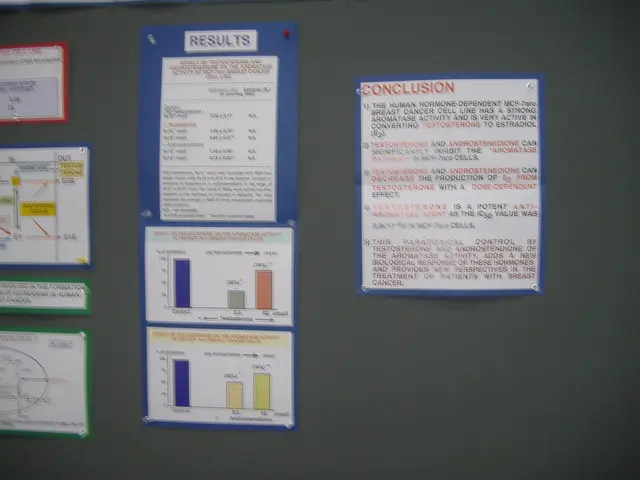ChatGPT’s latest policy update keeps AI advice in check—here’s what changed
ChatGPT, the AI model from OpenAI, continues to assist users in understanding complex medical or legal information. Despite recent policy updates, the model's capabilities and intended use remain consistent.
OpenAI has always maintained guidelines that ChatGPT should not be used as a replacement for professional advice. These provisions have been in place for a considerable time. The most recent update to OpenAI's usage policy, released in October 2025, aimed to ensure consistent guidelines across all its products and services.
Karan Singhal, who served as the Head of Medical AI at OpenAI during this period, oversaw these updates. Despite the changes, OpenAI's policy logs show no modifications to rules regarding the generation of sensitive content. ChatGPT remains allowed to provide medical or legal advice, but users are encouraged to consult professionals for critical decisions.
OpenAI's recent policy update for ChatGPT maintains the model's original purpose: to assist users in understanding complex information, not replace professional consultation. The model's capabilities in providing medical or legal advice remain unchanged.
Read also:
- American teenagers taking up farming roles previously filled by immigrants, a concept revisited from 1965's labor market shift.
- Weekly affairs in the German Federal Parliament (Bundestag)
- Landslide claims seven lives, injures six individuals while they work to restore a water channel in the northern region of Pakistan
- Escalating conflict in Sudan has prompted the United Nations to announce a critical gender crisis, highlighting the disproportionate impact of the ongoing violence on women and girls.






